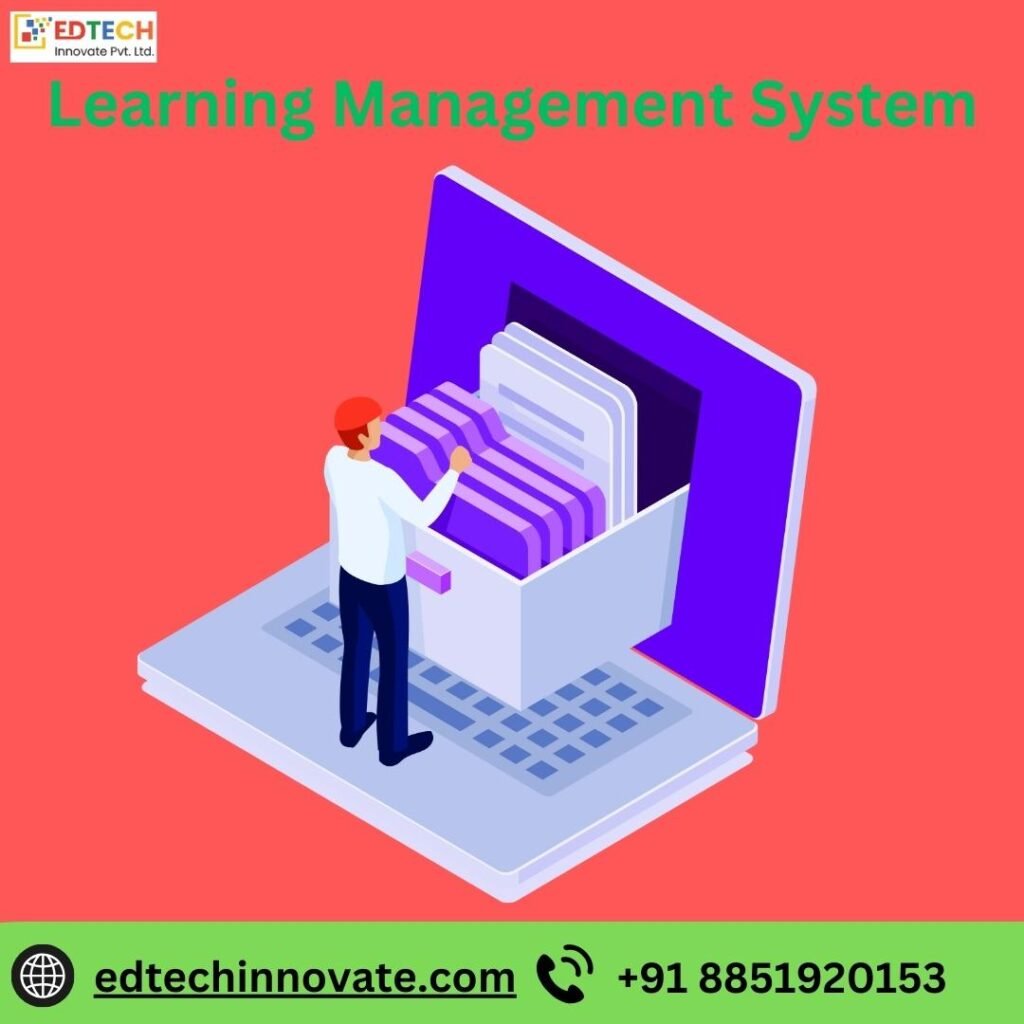In the rapidly evolving educational landscape, ensuring that students effectively retain knowledge is crucial. With the increasing prevalence of digital learning tools, Learning Management Systems (LMS) have emerged as essential instruments for boosting knowledge retention. This article delves into the various ways an LMS can significantly enhance the retention of knowledge among learners.
Understanding Knowledge Retention
What is Knowledge Retention?
Knowledge retention is the ability of learners to remember and recall information over time. It goes beyond mere memorization; it involves a deep understanding of concepts, the ability to apply knowledge in diverse contexts, and maintaining that knowledge long after the initial learning experience.
Why is Knowledge Retention Important?
- Improved Learning Outcomes: Higher retention rates lead to enhanced academic performance and a more profound comprehension of subject matter.
- Lifelong Learning: Individuals who successfully retain knowledge are more inclined to pursue continuous learning and apply their knowledge in real-world situations.
- Professional Development: Organizations benefit from a workforce that retains knowledge, resulting in increased productivity and innovation.
The Role of Learning Management Systems
What is a Learning Management System (LMS)?
A Learning Management System is a software platform designed to deliver, track, and manage educational courses and training programs. It serves as a centralized hub for educators and learners, providing access to course materials, assessments, and performance analytics.
How an LMS Enhances Knowledge Retention
1. Personalized Learning Experiences
- Tailored Learning Paths: An LMS enables educators to design customized learning journeys, allowing students to progress at their own pace. This personalized approach aligns with individual learning styles, ultimately enhancing retention.
- Adaptive Learning Features: Many LMS platforms incorporate adaptive learning technologies that modify content based on a learner’s performance, ensuring that students engage with materials suited to their needs. LMS is technology for learning.
2. Interactive Learning Methods
- Engaging Content: Integrating interactive elements such as quizzes, videos, and gamified learning experiences can capture learners’ attention, making the educational process more enjoyable and memorable.
- Collaboration Opportunities: An LMS facilitates collaborative projects and discussions, enabling students to learn from one another and reinforce their understanding of the material.
3. Regular Assessments and Feedback
- Frequent Quizzes: Incorporating regular assessments within the LMS reinforces learning. Consistent quizzes can act as checkpoints, allowing learners to evaluate their understanding and revisit challenging concepts.
- Instant Feedback: Providing immediate feedback on assessments encourages learners to reflect on their performance and make necessary corrections, solidifying their knowledge.
4. Access to Resources and Materials
- Centralized Repository: An LMS serves as a centralized hub for course materials and supplementary resources. This accessibility allows students to revisit content at their convenience, reinforcing their understanding.
- Diverse Learning Materials: Offering a variety of content types, such as articles, videos, and podcasts, caters to different learning preferences and facilitates comprehension of complex concepts.
5. Flexibility and Convenience
- Anytime, Anywhere Learning: An LMS allows learners to access content whenever and wherever they choose, making it easier to review materials at their convenience.
- Self-Paced Learning: This flexibility enables students to take the time necessary to fully grasp topics, enhancing knowledge retention.
6. Tracking Progress and Performance
- Analytics and Reporting: An LMS can monitor learner progress and performance metrics, allowing educators to identify areas where students may struggle and provide targeted support to reinforce those concepts.
- Goal Setting: Learners can set personal objectives within the LMS, fostering a sense of ownership over their learning journey and motivating them to achieve their goals.
Best Practices for Using an LMS to Enhance Knowledge Retention
- Incorporate Multimedia Content: Utilize a mix of videos, podcasts, and interactive simulations to cater to various learning styles.
- Facilitate Discussions: Encourage the use of discussion forums where learners can engage in dialogue about course content, deepening their understanding.
- Encourage Reflection: Integrate reflective practices, such as journals or blogs, where learners can articulate their thoughts and consolidate their learning.
- Utilize Spaced Repetition: Implement spaced repetition techniques to help learners revisit information over increasing intervals, improving long-term retention.
Conclusion
Integrating a Learning Management System into educational and training environments can greatly enhance knowledge retention. By providing personalized learning experiences, interactive methods, regular assessments, and flexible access to resources, an LMS not only engages learners but also ensures they retain critical information. As educational needs continue to evolve, leveraging technology like an LMS is essential for fostering effective and lasting learning experiences.
FAQs
1. What features should I look for in an LMS to improve knowledge retention?
Seek out features such as personalized learning paths, interactive content, assessment tools, and analytics to monitor learner progress.
2. Can an LMS support different learning styles?
Yes, a robust LMS can provide diverse multimedia content and interactive elements that cater to various learning preferences.
3. How often should assessments be conducted in an LMS?
Regular assessments should be interspersed throughout the course to reinforce learning, with frequent quizzes being particularly beneficial.
4. Is it possible to integrate an LMS with other educational tools?
Many LMS platforms allow for integration with other tools, such as video conferencing software, collaboration platforms, and content repositories.
5. How can feedback be effectively provided through an LMS?
Implement automated feedback mechanisms for assessments and encourage peer feedback in collaborative projects to enhance the overall learning experience.



More Stories
Dental Billing Software: How It Can Boost Your Income
Transforming Retail Experiences with AI in Retail: Personalization, Automation, and Smarter Inventory Management
The Art of Web Designing in Dubai UAE